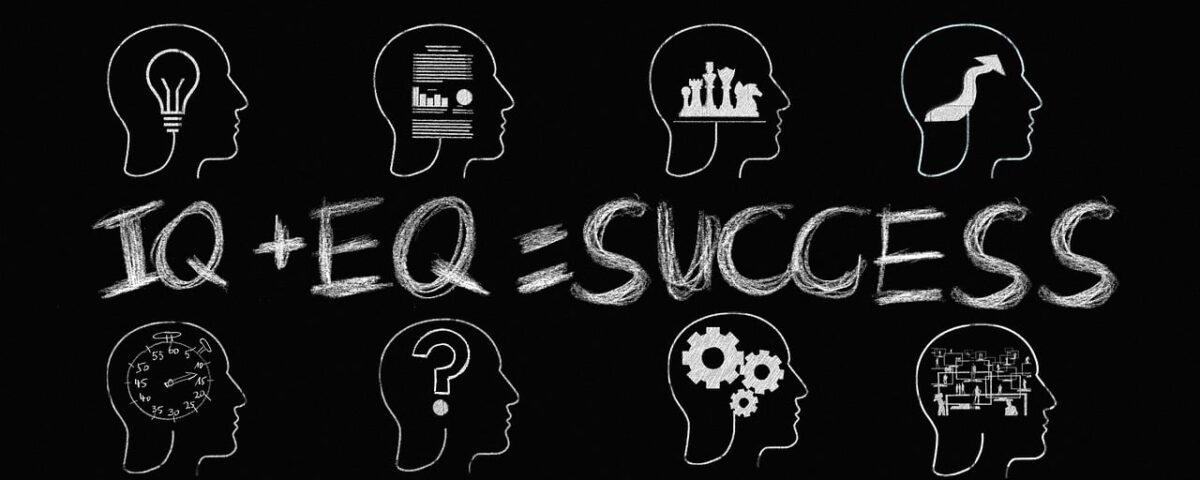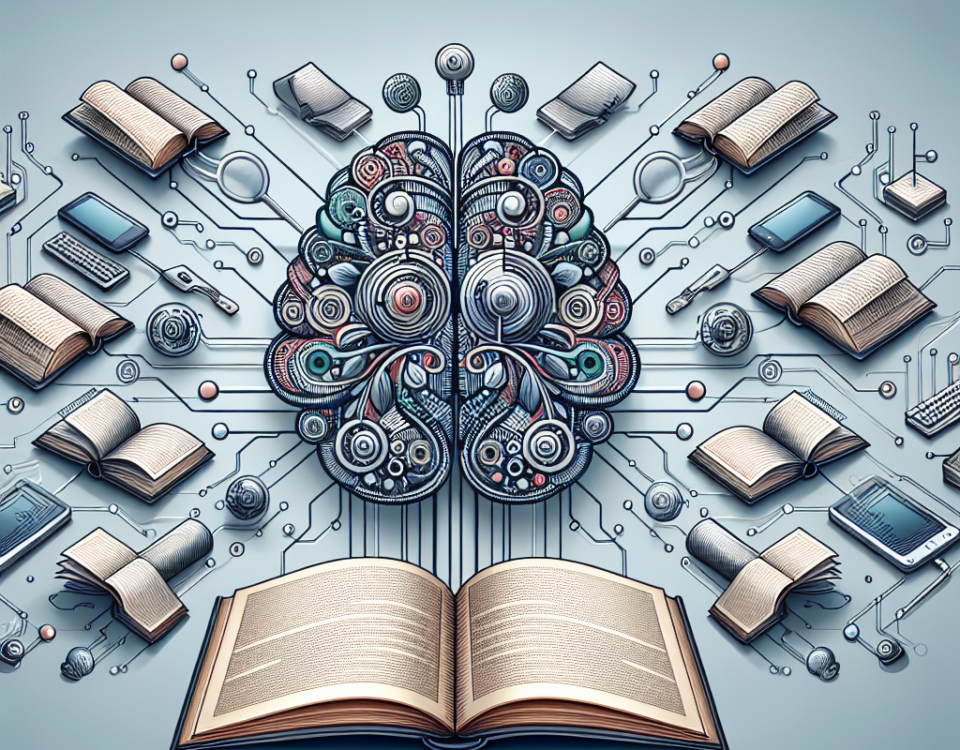
Interesting Experiences from Job Interviews – Part 3
December 7, 2024
Building a Voice Assistant to Control Your Smart Home
December 21, 2024As the CEO of a company managing complex projects, I have always sought ways to build strong, coordinated, and creative teams. Reading “Emotional Intelligence for Project Managers” by Anthony Mersino has been an inspiring experience in this journey.
This article combines the book’s key concepts with my reflections (marked with ” “). It has been translated, developed, and organized with the help of ChatGPT. I hope it provides a practical and insightful perspective on the importance of emotional intelligence in project management.
——
What is Emotional Intelligence (EQ), and Why Does It Matter?
Emotional Intelligence (EQ) is one of the most critical interpersonal skills, playing a vital role in improving productivity, strengthening relationships, and guiding teams effectively.
“About 25 years ago, I first encountered the concept of emotional intelligence during a seminar. It was so fascinating that it held all the secrets to happiness and success. Although I no longer consider EQ everything, revisiting its principles through Mersino’s book is still valuable. I believe EQ is not the whole story of success but a significant part. In IT project management, EQ is undoubtedly a core factor in success.”
—–
Applications of Emotional Intelligence in Project Management
- Self-Awareness
Understanding your emotions and identifying your strengths and weaknesses.
“Self-confidence is the fruit of self-awareness.”
- Self-Management
Controlling emotions and ensuring they don’t dictate behavior.
Managing stress effectively through strategies like exercise, rest, and supportive conversations.
“Without self-management, you cannot manage others.”
- Social Awareness
Recognizing others’ emotions through empathy and careful observation.
Identifying emotional boundaries and respecting the feelings of others.
“Understand others and let yourself be understood. Active listening creates value and strengthens relationships.”
- Relationship Management
Building strong connections with stakeholders and managing conflicts without stifling team creativity.
- Inspirational Leadership
Creating clear and motivating visions for the team.
“Leadership means envisioning a future that inspires the team and guides them toward success.”
—–
Core Principles of EQ in Projects
- Self-Awareness: Understanding Present Emotions
Self-awareness focuses on recognizing current emotions rather than dwelling on the past or future.
“The collective emotions of project team members are like the weather—they change frequently and reflect the impacts of events and the behaviors of the project manager.”
- Self-Management: Controlling Emotions for Better Performance
Use the HALT strategy (Hunger, Anger, Loneliness, Tiredness) to avoid emotionally challenging situations. Identify emotional triggers and prepare to address them effectively.
“Always be mindful of the energy you spread within your team. Positive or negative, emotions are easily replicated.”
- Social Awareness: Understanding and Respecting Others
Includes understanding organizational culture, values, and principles. Empathy means acknowledging others’ feelings while allowing them to take responsibility for their emotions.
“Set boundaries and let others be accountable for their emotions. This mutual respect builds trust.”
- Relationship Management: Building Lasting Connections
Strengthen relationships by identifying and analyzing project stakeholders.
“Learn to say no while respecting the team’s creativity. Striking this balance is critical for conflict management.”
—–
Leadership Styles in Project Management
- Visionary Leadership
Focus on long-term goals while giving the team freedom in how to achieve them.
- Coaching Leadership
Combine personal and team development.
- Affiliative Leadership
Build strong and supportive interpersonal bonds within the team.
- Commanding Leadership
Effective in crises.
- Democratic Leadership
Engage the team in decision-making processes.
—–
Practical Techniques for Creating a Positive Team Environment
- Understand and evaluate the attitudes of team members.
- Document expectations clearly and communicate them transparently.
- Involve team members in key decision-making processes.
- Use diverse methods for encouragement and motivation.
- Regularly update team goals and address challenges collaboratively.
—–
Personal Experiences in Applying EQ
“In my experience, emotional intelligence can be developed in anyone, from optimistic individuals to even those with troubled pasts. Migrants, who have faced life’s challenges, often possess higher EQ. I always prioritize these individuals when building teams.”
“One of my successful initiatives was setting up a wood-fired station during winters at the company. This created a space for team interactions and broke down communication barriers. Additionally, storytelling about projects has been a powerful tool for strengthening team morale.”
“I have also observed that natural scents like mint or rose in the office environment help foster better communication and create a positive atmosphere for dialogue.”
——
Conclusion
Emotional Intelligence is a powerful tool for project managers, helping them guide their teams, enhance productivity, and create a positive environment for creativity. While EQ is not everything, it contributes significantly to various aspects of success. Let’s embrace EQ as a continuous journey of growth and improvement for ourselves and our teams.
We welcome your thoughts and experiences on this topic.
CEO,
[Mohammad Madani]
————–
Reference:
Mersino, A.C., Emotional Intelligence for Project Managers: The People Skills You Need to Achieve Outstanding Results. 2007: American Management Association.











